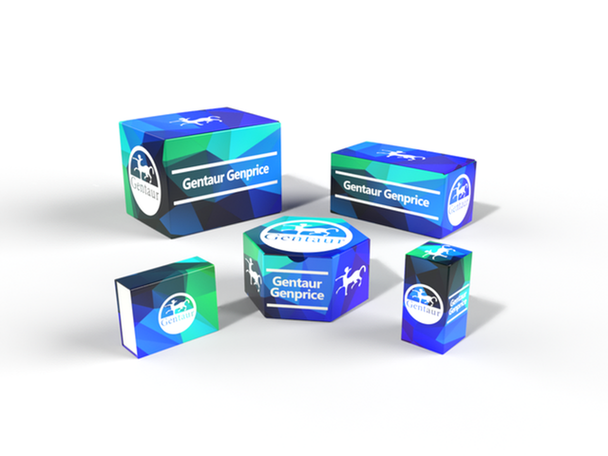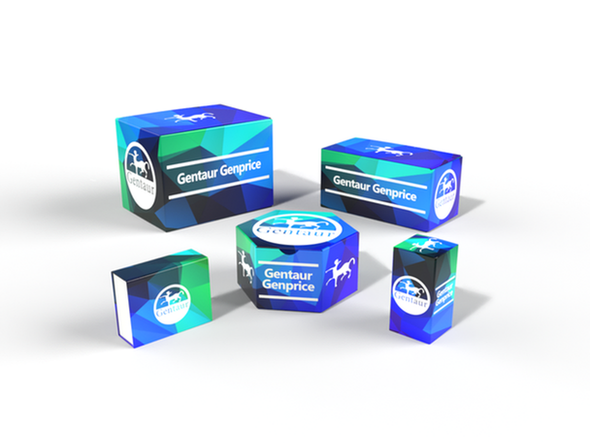Description
Dinutuximab (ganglioside GD2) Antibody, Monoclonal | 10-595 | Gentaur UK, US & Europe Distribution
Host: N/A
Reactivity: N/A
Homology: N/A
Immunogen: Chimeric / ganglioside GD2 [Homo sapiens]
Research Area: Drug Analogues
Tested Application: N/A
Application: N/A
Specificiy: N/A
Positive Control 1: N/A
Positive Control 2: N/A
Positive Control 3: N/A
Positive Control 4: N/A
Positive Control 5: N/A
Positive Control 6: N/A
Molecular Weight: N/A
Validation: N/A
Isoform: N/A
Purification: >95%
Clonality: Monoclonal
Clone: N/A
Isotype: IgG1-kappa
Conjugate: Unconjugated
Physical State: N/A
Buffer: PBS buffer pH7.5
Concentration: N/A
Storage Condition: Use a manual defrost freezer and avoid repeated freeze thaw cycles. Store at 2 to 8 ˚C for 1-2 weeks. Store at -20 ˚C for 12 months. Store at -80 ˚C for long term storage.
Alternate Name: 14.18, MAb-14.18, MOAB Ch14.18
User Note: Optimal dilutions for each application to be determined by the researcher.
BACKGROUND: Dinutuximab is an IgG1 monoclonal human/mouse chimeric antibody against GD2, a disialoganglioside expressed on tumors of neuroectodermal origin, including human neuroblastoma and melanoma, with highly restricted expression on normal tissues. It is composed of the variable heavy- and light-chain regions of the murine anti-GD2 mAb 14.18 and the constant regions of human IgG1 heavy-chain and kappa light-chain. By binding to GD2, dinutiximab induces antibody-dependent cell-mediated cytotoxicity and complement-dependent cytotoxicity of tumor cells thereby leading to apoptosis and inhibiting proliferation of the tumour. It is indicated, in combination with granulocyte-macrophage colony-stimulating factor (GM-CSF) , interleukin-2 (IL-2) , and 13-cis-retinoic acid (RA) , for the treatment of pediatric patients with high-risk neuroblastoma who achieve at least a partial response to prior first-line multiagent, multimodality therapy. Despite a high clinical response seen after first-line treatment, the fully eradication of neuroblastoma is rarely achieved and the majority of patients with advanced disease suffer a relapse. Current strategies for treatment include immunotherapy with drugs such as dinutuximab to target surviving neuroblastoma cells and to prevent relapse.






